Tesla's Deliveries Decline for the First Time in a Decade: What's Behind the Electric Vehicle Giant's Stumble?
![]() 01/07 2025
01/07 2025
![]() 667
667
Lead
Tesla stands at a pivotal juncture in its development once again. Elon Musk's fixation on AI could potentially divert investment from traditional automotive engineering. Amidst fierce competition impacting sales, whether AI technology can breathe new life into Tesla's automotive business will be crucial for the company to regain its growth trajectory by 2025.
Article produced by|Heyan Yueche Studio
Written by|Zhang Dachuan
Edited by|He Zi
Total words: 2571
Reading time: 4 minutes
Please enter a title abcdefg
Tesla, long emulated by numerous automakers, may finally step down from its pedestal.
Recently, Tesla unveiled its annual sales figures. In 2024, the company delivered a total of 1.7892 million vehicles, a decline from the 1.8086 million delivered in the same period of 2023. This not only signifies a 1.07% year-on-year drop in annual deliveries but also marks the first time in over a decade that Tesla's deliveries have fallen.
This development is both surprising and predictable. In the second and third quarters of 2024, Tesla experienced its first year-on-year delivery decline since 2020. Reports indicate that Wall Street generally anticipates Tesla's revenue in the fourth quarter of 2024 to reach a record high of $99.7 billion, but its net profit may only amount to $8.1 billion, potentially making it the least profitable quarter since 2021.
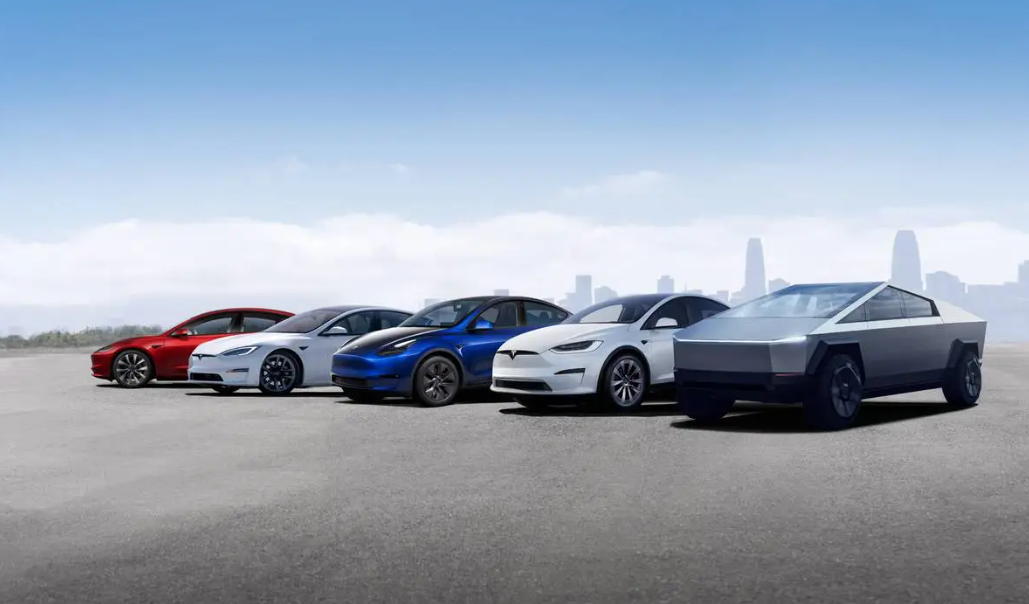
△Tesla's deliveries declined year-on-year in 2024
Tesla's 'descent from grace' was anticipated.
The decline in Tesla's global sales is hardly surprising.
Firstly, consumers in China, Europe, and the United States share concerns about electric vehicles. The limited pure electric range of EVs, especially during winter and at high speeds, has steered people towards hybrid technology models when purchasing new energy vehicles. This trend is particularly pronounced in Europe, where countries like Germany and Sweden have witnessed immediate declines in EV sales once government subsidies are reduced.
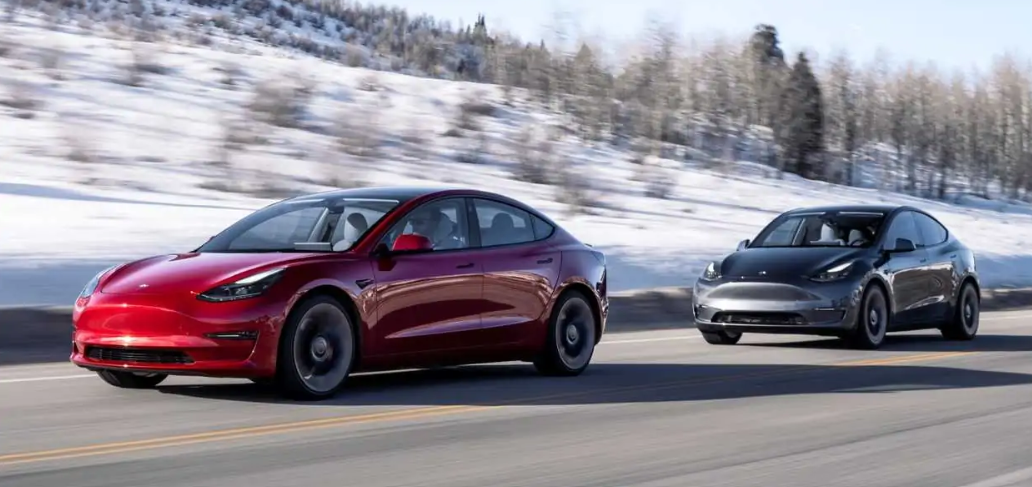
△Tesla's sales primarily rely on the Model 3 and Model Y
More crucially, the aging of Tesla's models is undeniable. Without the introduction of new models, consumers gradually lose interest in Tesla's designs. Meanwhile, both domestically and globally, an increasing number of competitors are emerging. Taking the domestic market as an example, in the second half of 2024 alone, models such as the Zeekr 7X, Ledo L60, and Avita 07 identified the Model Y as their main competitor. Due to the Model Y's long-overdue replacement and the superior efficiency of domestic automakers compared to multinational counterparts, these competing models surpass the Model Y in both specifications and configurations.
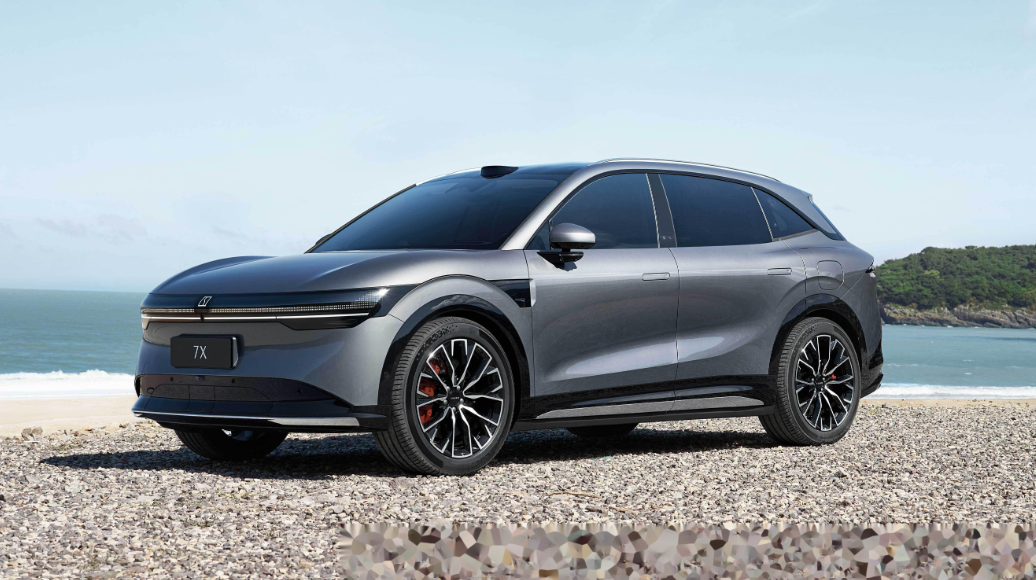
△Multiple competitive models posing a significant threat to the Model Y emerged in the domestic market in the second half of 2024
Given these factors, had Tesla not offered attractive discounts in the second half of 2024, adhering strictly to its pure electric technology path, its annual deliveries might have seen an even steeper decline.
Who will be Tesla's savior?
In October 2024, Musk announced that Tesla would launch a low-cost autonomous vehicle in 2025, expected to bring 20% to 30% growth to the company. However, will Musk's plan materialize on schedule?
Firstly, designing a low-cost entry-level model is no easy feat. While the technology utilized in such models is mature, they are inherently constrained by costs. Having participated in multiple vehicle projects within automakers, I can attest that projects for flagship models or higher-end B-segment and C-segment cars tend to run smoothly. However, for A0-segment cars, tensions often arise, with heated debates even over minor configurations.
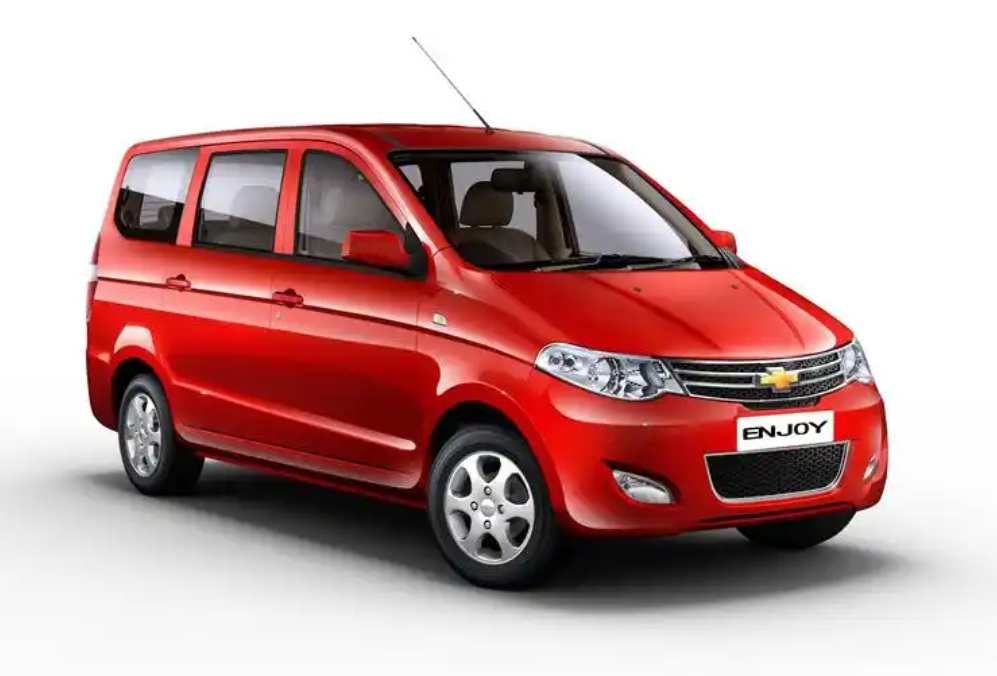
△General Motors once introduced Wuling models for overseas production, demonstrating that designing low-cost models is not straightforward
Another issue that cannot be overlooked is whether this new model will cannibalize existing Model 3 sales. If new buyers merely switch from older Model 3 or even Model Y owners rather than attracting customers from other brands, it is questionable how much Tesla's overall sales will truly grow, and it might even lower Tesla's overall gross margin.
In Musk's vision, Tesla has always been an AI company, not a traditional automaker. Thus, in terms of scale, research and development, and new vehicle manufacturing capabilities, multinational automakers like Toyota and Volkswagen vastly outsize Tesla but lag behind in market value. By choosing the AI shortcut, Tesla not only foresaw the future direction of the times but also garnered investor recognition, leading to substantial stock price returns. In mid-2024, Musk revealed that Tesla spent $10 billion on AI-related areas throughout the year.
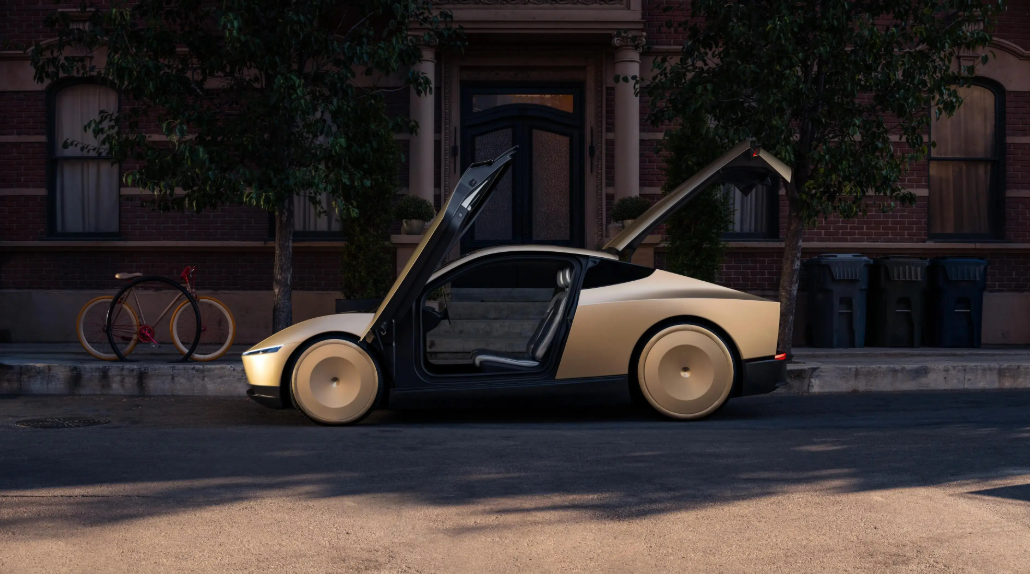
△Tesla is 'betting' on high-level autonomous driving
The pinnacle of AI in automobiles is the implementation of high-level autonomous driving. Tesla is essentially 'betting' everything on high-level autonomous driving. Whether it's the low-cost electric vehicle to be launched next year or the upcoming Robotaxi model Cybercab, their core competitiveness hinges on high-level autonomous driving. As long as Tesla's FSD can be implemented as planned, even if its models lack competitiveness, they are likely to sell well for a period. Conversely, if Tesla's FSD encounters setbacks, delaying related models, Tesla's stock price will plummet.
How should Chinese automakers view this?
For domestic automakers, blindly imitating Tesla may no longer hold meaning in the future.
Firstly, if Tesla's existing model lineup is not significantly updated and expanded, it will gradually be shunned by consumers. Not only are domestic electric vehicles emerging in an endless stream, but electric vehicles from European, American, Japanese, and Korean automakers will also be launched successively. During the design process, automakers will more or less benchmark against Tesla, making it relatively easy to surpass Tesla in indicators such as the three-electric system and interior space.
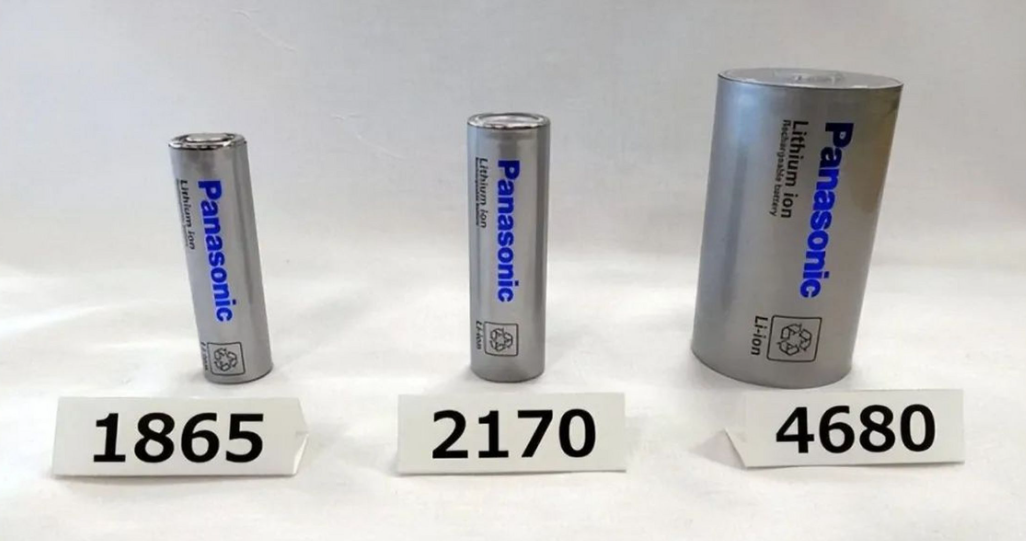
△Tesla now rarely promotes its three-electric products and technologies
Secondly, not all domestic automakers can adopt an 'all-in' approach to AI/Level 4 autonomous driving like Musk. Tesla's end-to-end large model has indeed significantly advanced the process of autonomous driving. However, it remains uncertain whether end-to-end technology will enable Level 4 autonomous driving. Cars are a widely used mode of transportation, and any algorithm flaws could lead to safety incidents. Even Musk, despite his boldness, would not dare to introduce Level 4 or even Level 5 autonomous driving technology to the market before it matures. Although Tesla has invested heavily in purchasing NVIDIA chips in recent years and continuously optimized its Dojo supercomputer to enhance the hardware level for FSD algorithm training, high-level autonomous driving in passenger vehicles still faces numerous unknown scenarios.
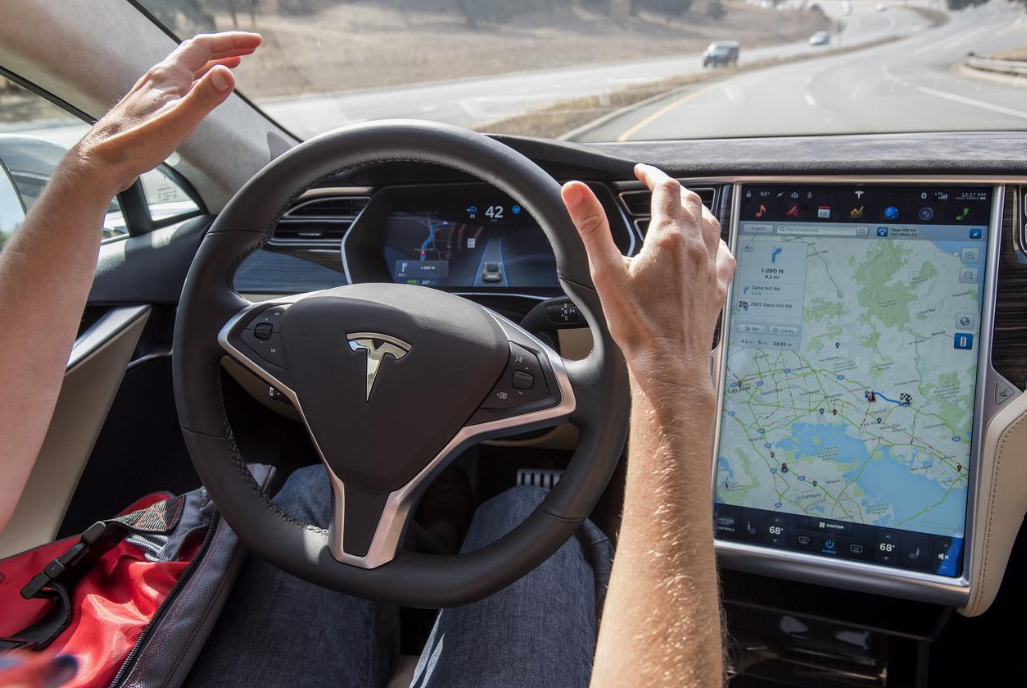
△There is significant uncertainty regarding Level 4 and higher levels of autonomous driving, and Musk may be overly optimistic
Considering the above reasons, domestic automakers should stick to their guns. In 2024, a series of offensive moves by domestic automakers forced Tesla into a price war, but its effectiveness waned. Moving forward, domestic automakers should learn from Tesla's experiences, continuously update their model lineups, and expand their advantages over Tesla in both product capabilities and cost-effectiveness. China boasts the most competitive automotive market globally, with the most comprehensive and price-competitive new energy vehicle industrial chain. Therefore, it is virtually impossible for Tesla to outperform electric vehicles of the same level from domestic brands in terms of price. Regarding AI or autonomous driving, domestic automakers need to pay attention and maintain a certain level of investment but avoid being overly aggressive. Acting within their capabilities and taking small, rapid steps forward is the most prudent approach.
Commentary
Tesla now holds only one AI card to play. Both rising Chinese automakers and reinvigorated multinational automaker giants view Tesla as their main competitor. If Tesla can play its AI card well, it still has a promising future. However, if it falters, Musk will need to focus more on updating models; otherwise, Tesla will lose its core base.
(This article is originally created by Heyan Yueche and cannot be reproduced without authorization)








